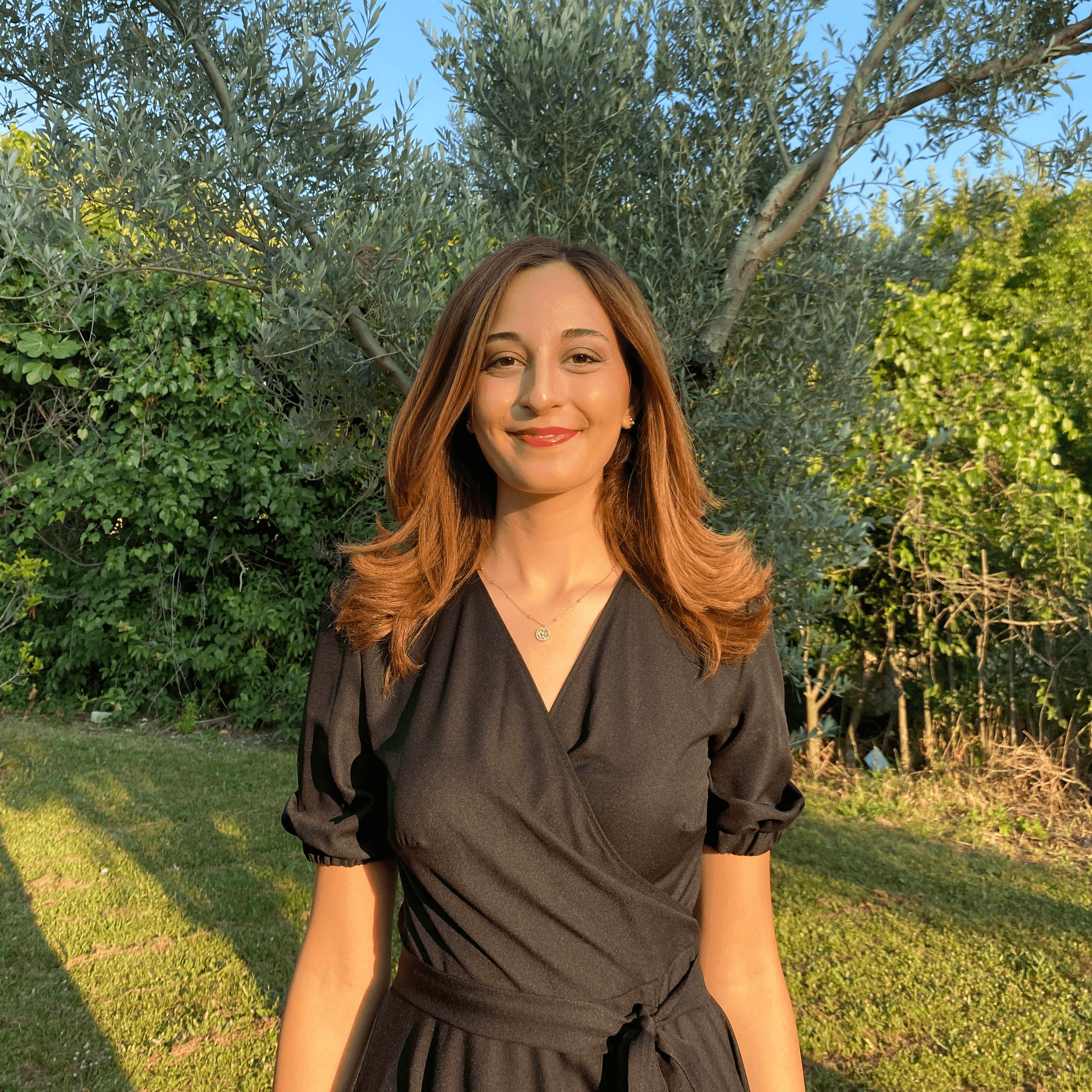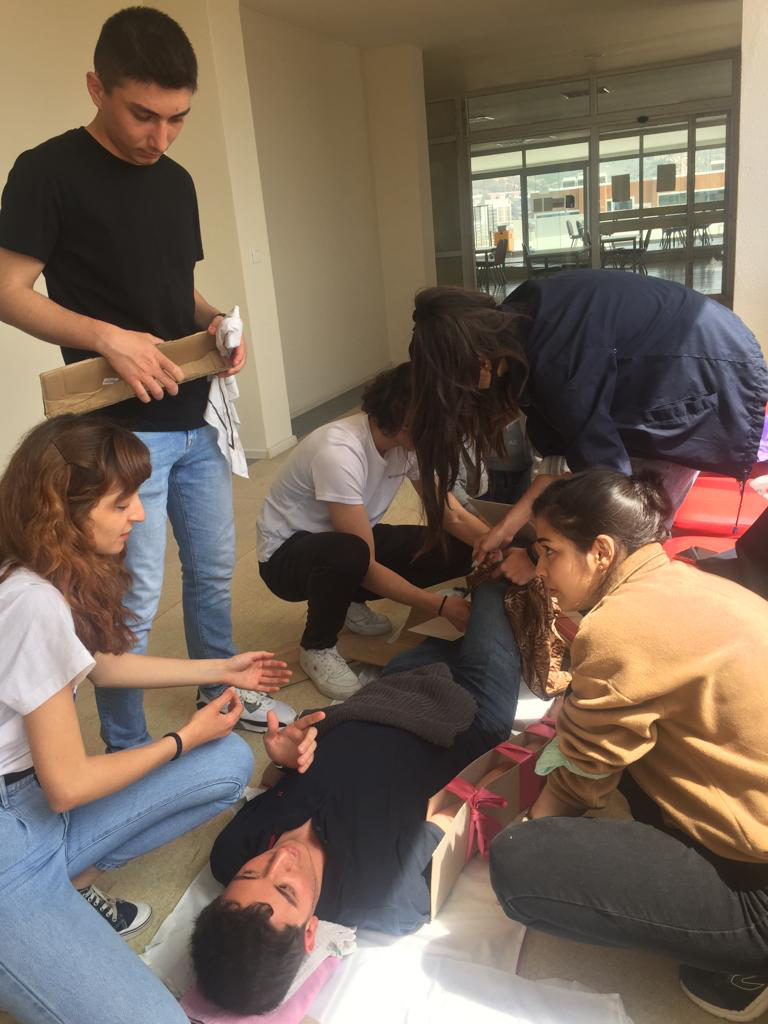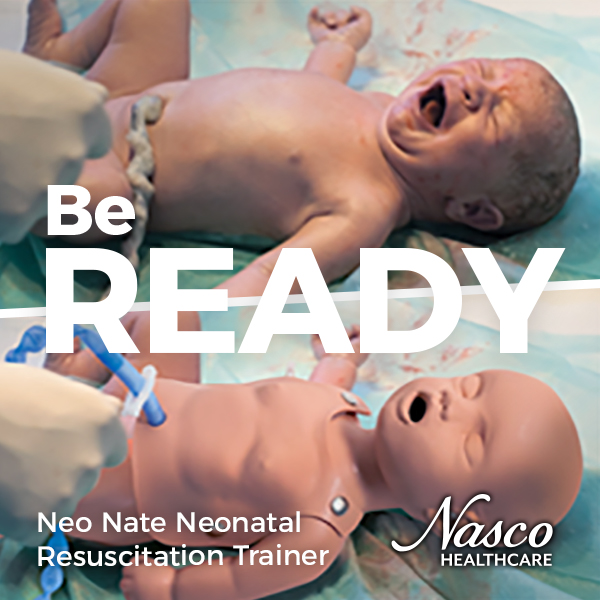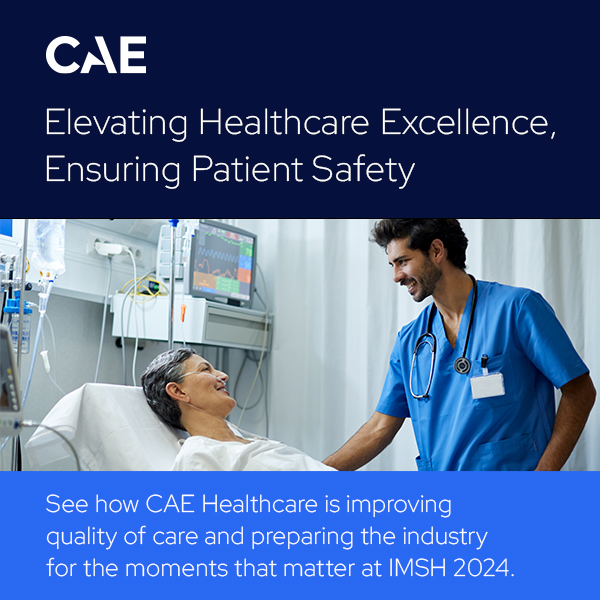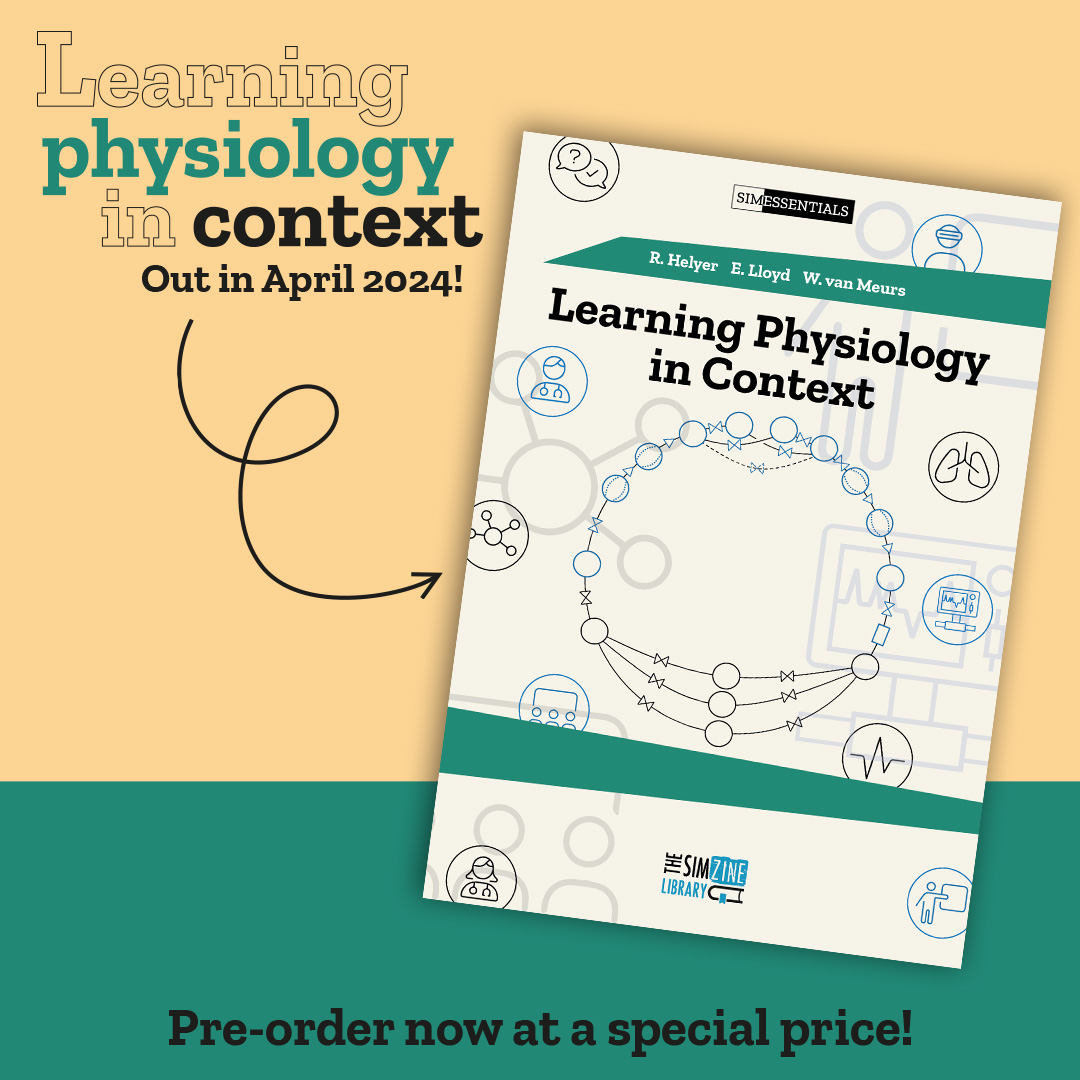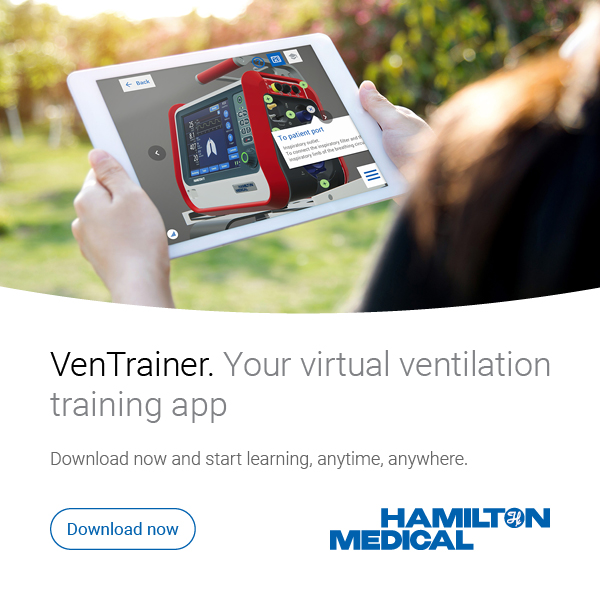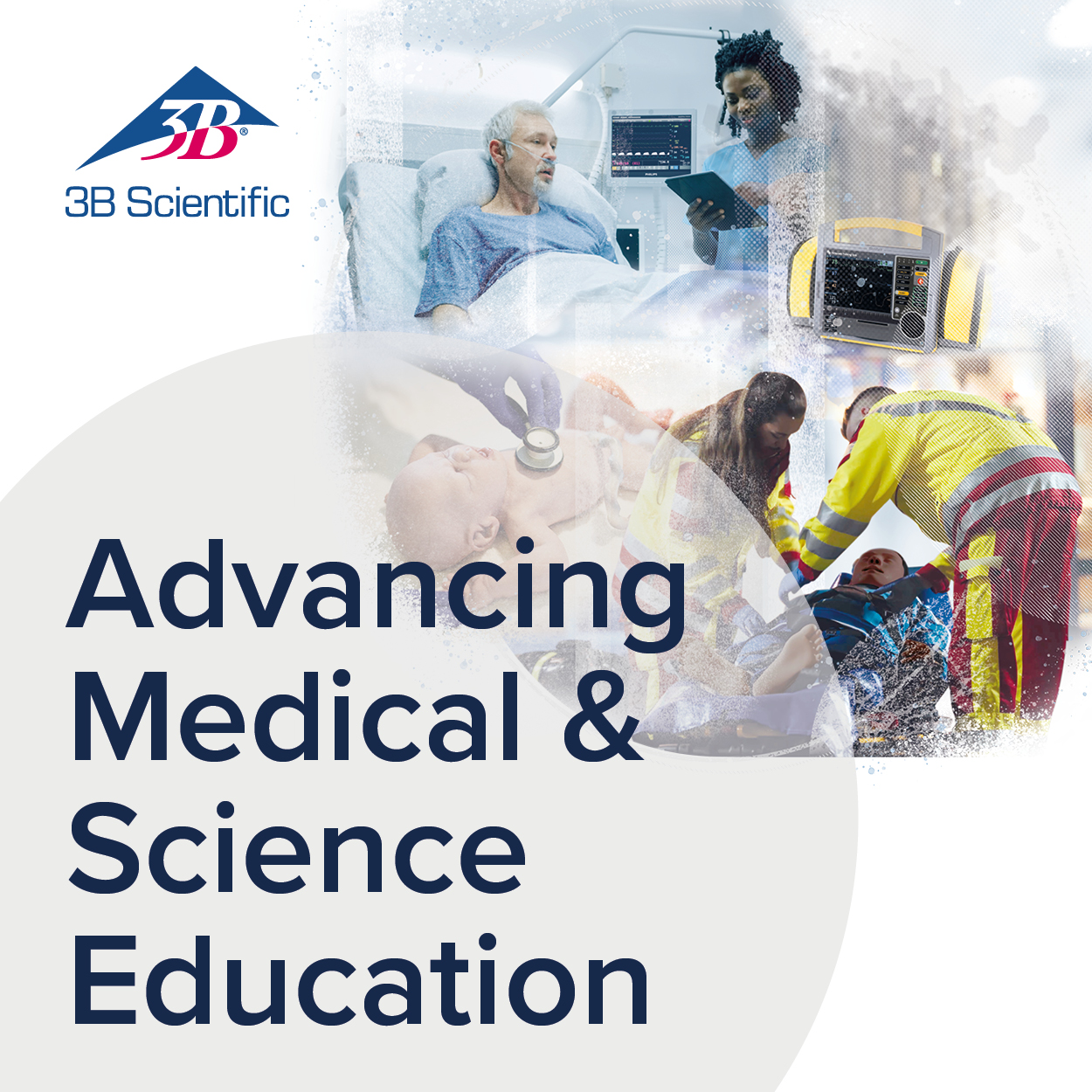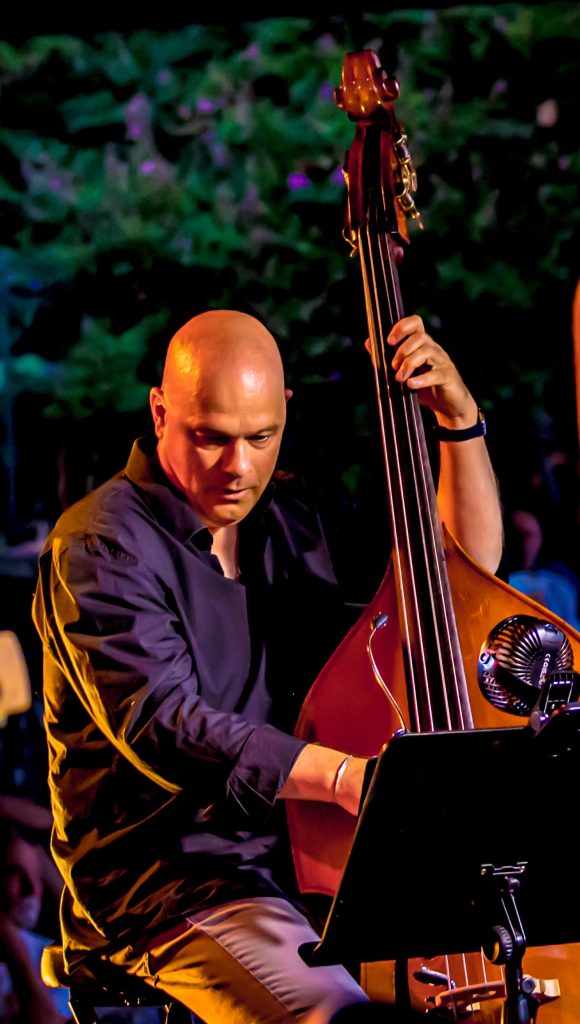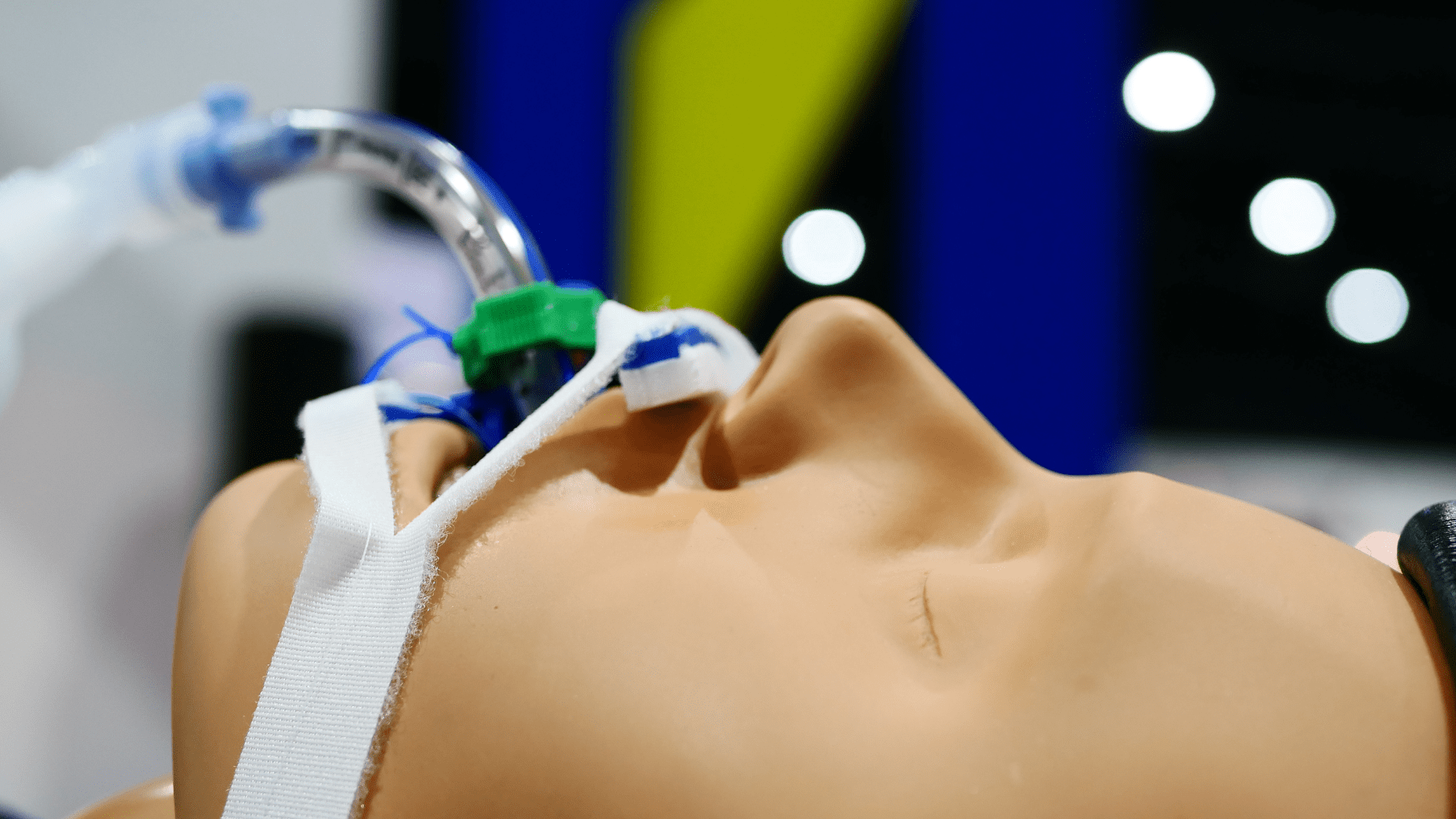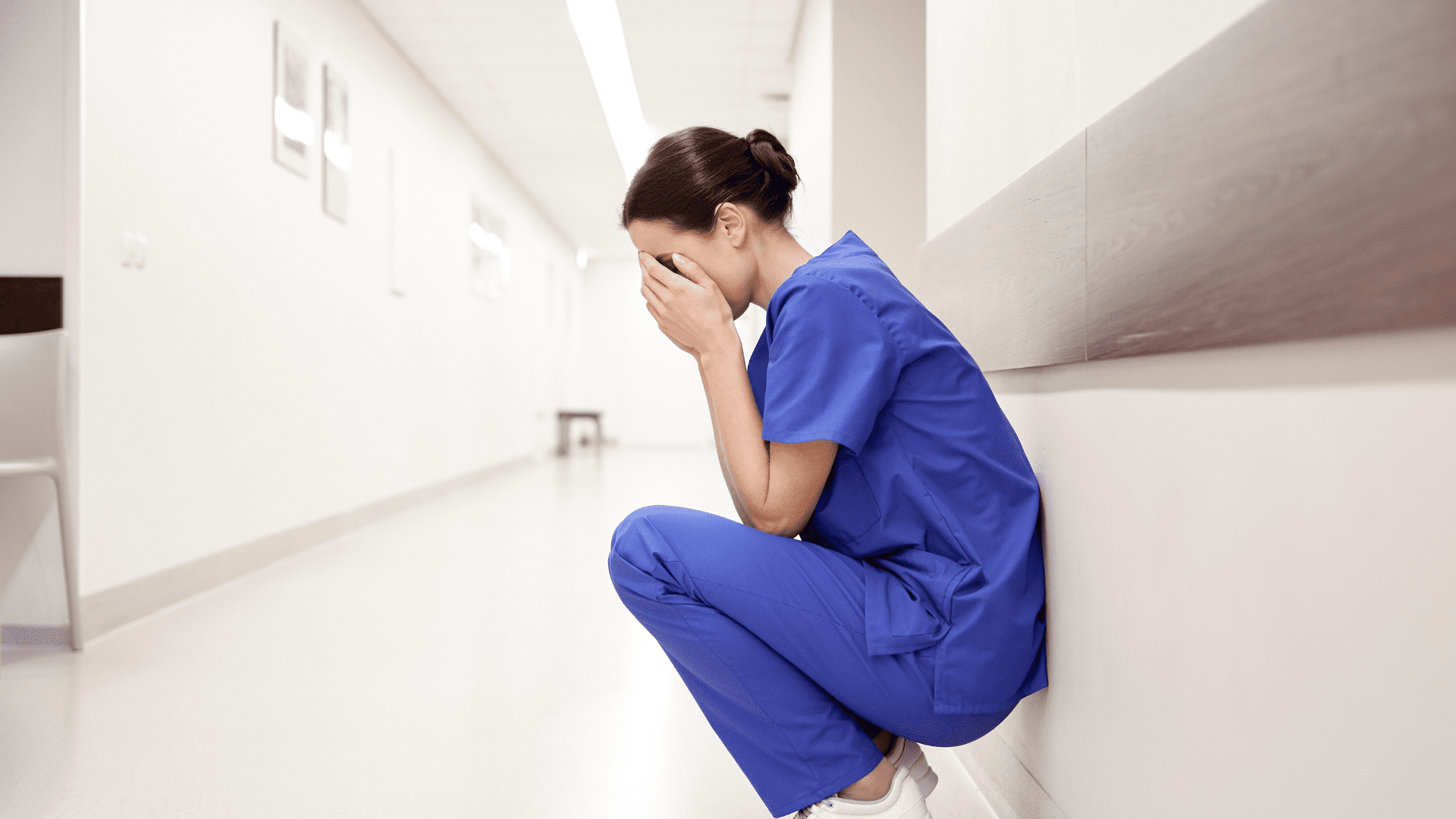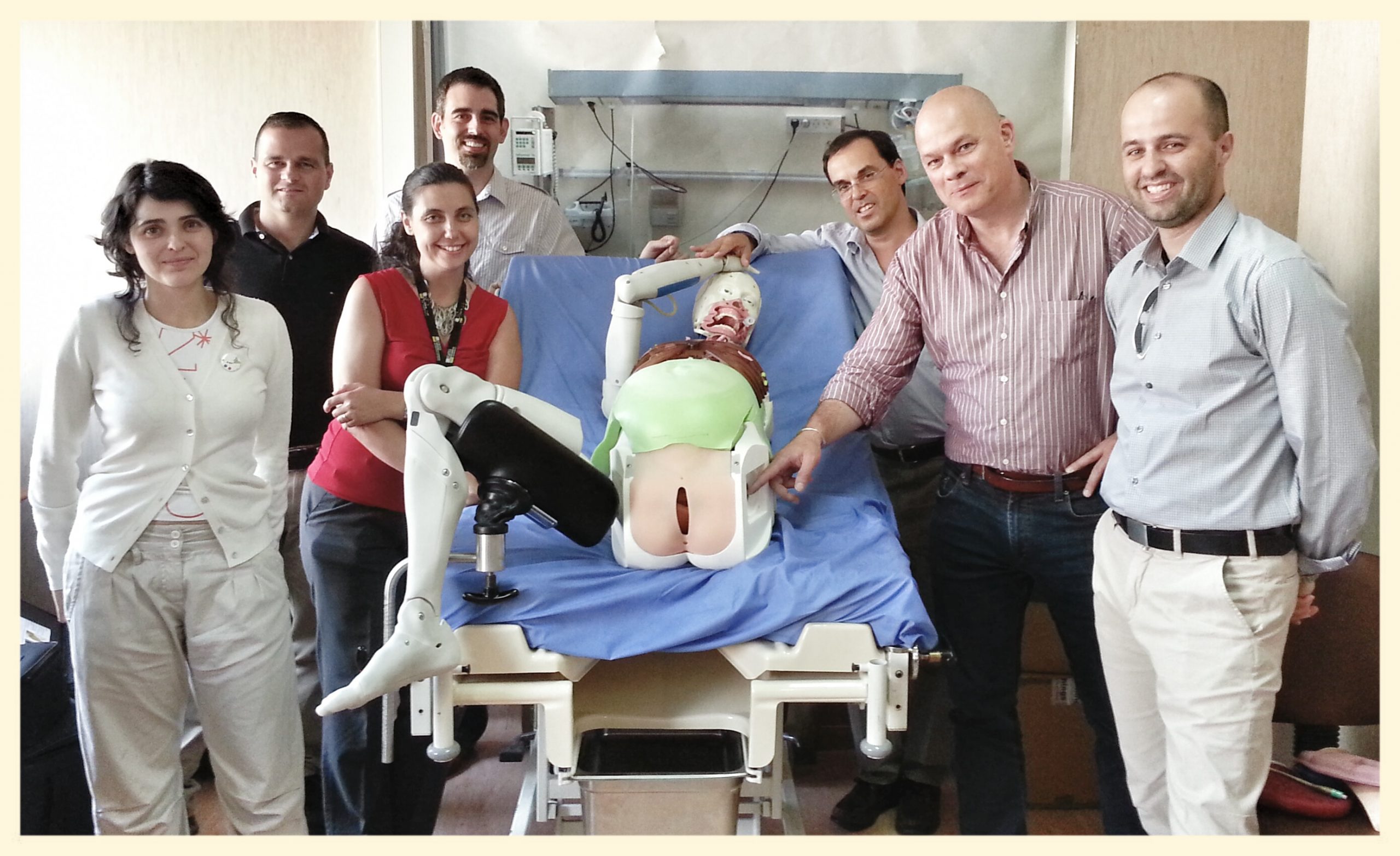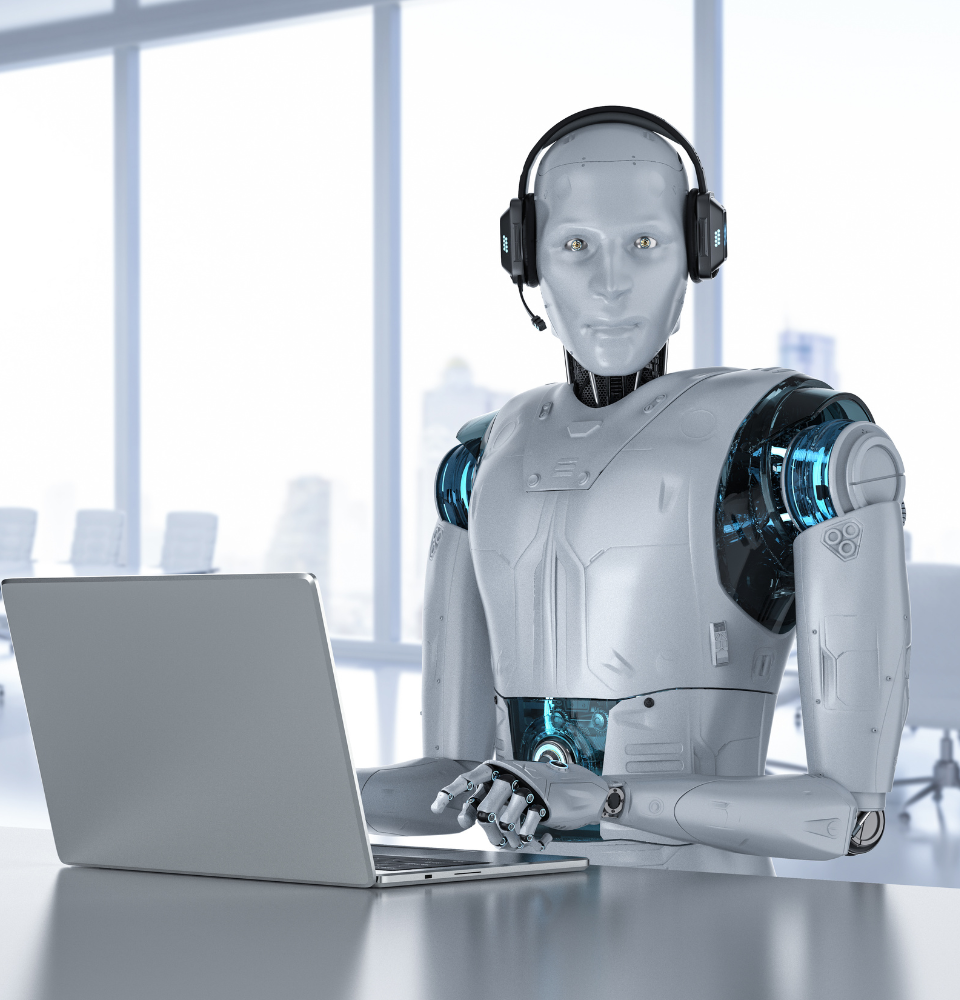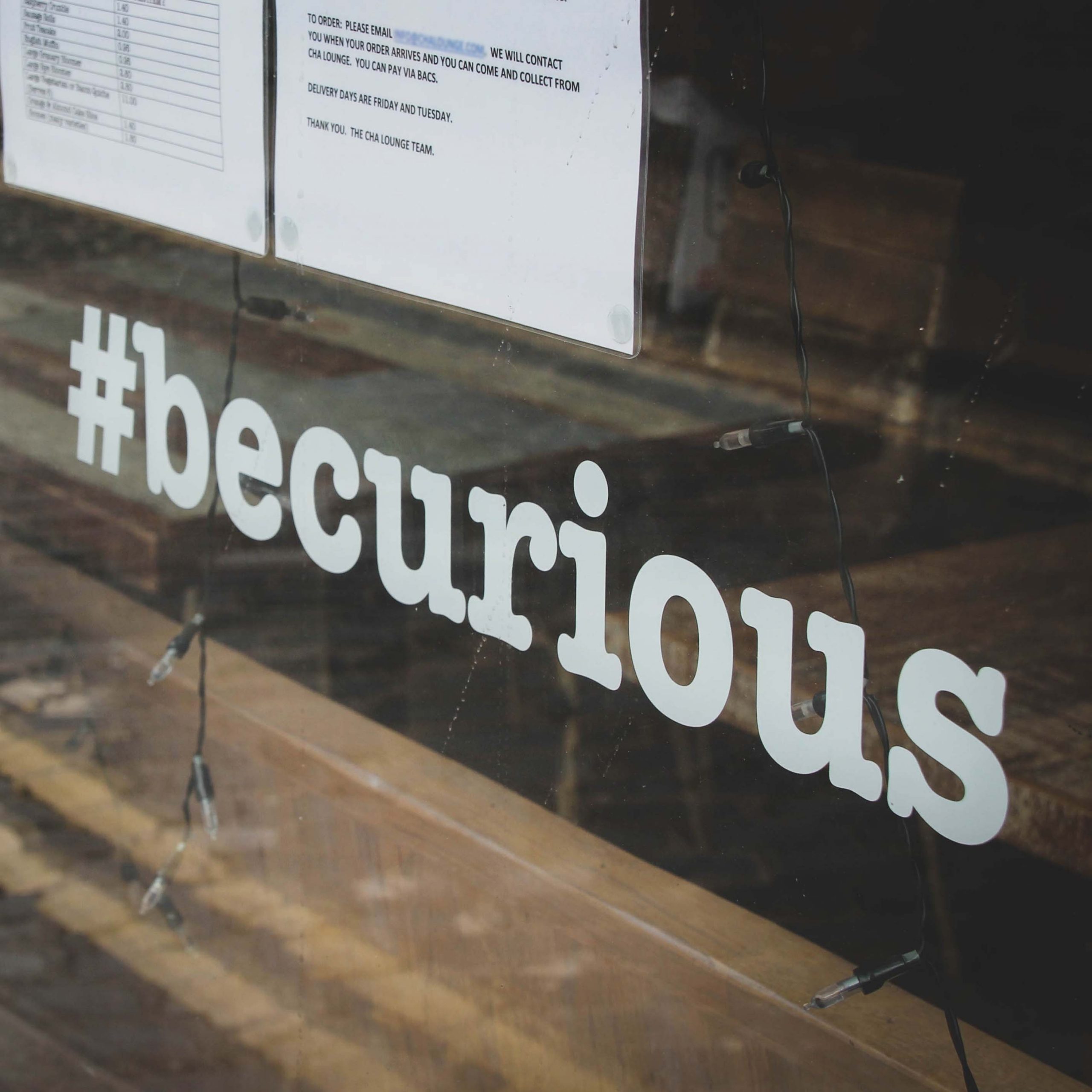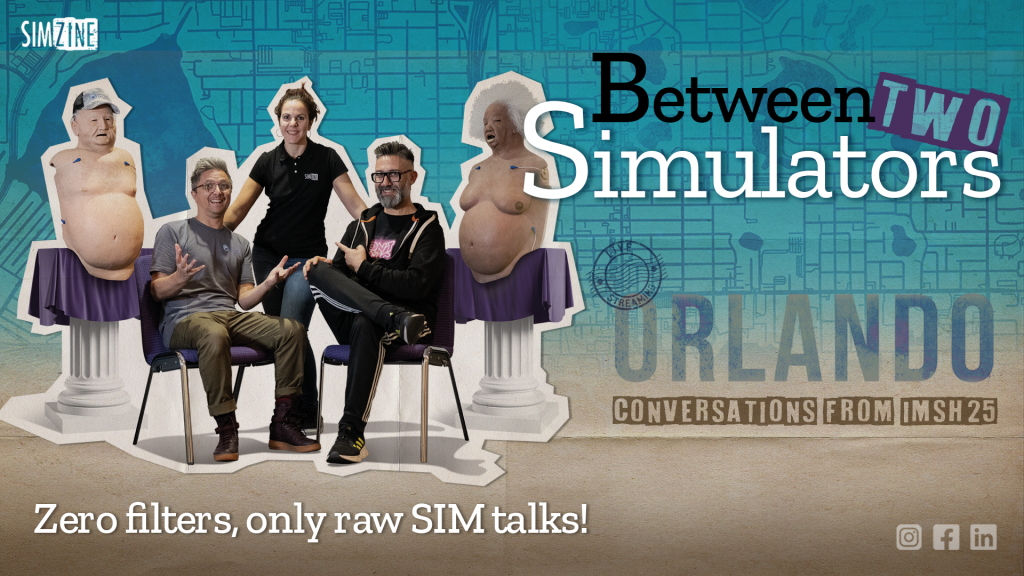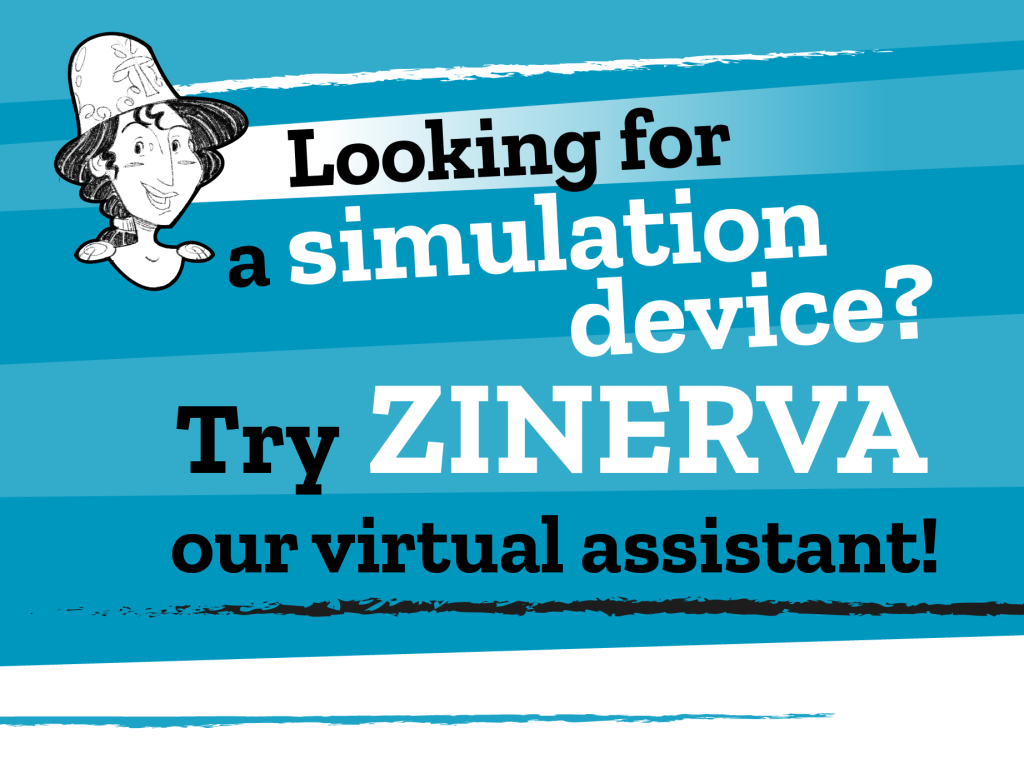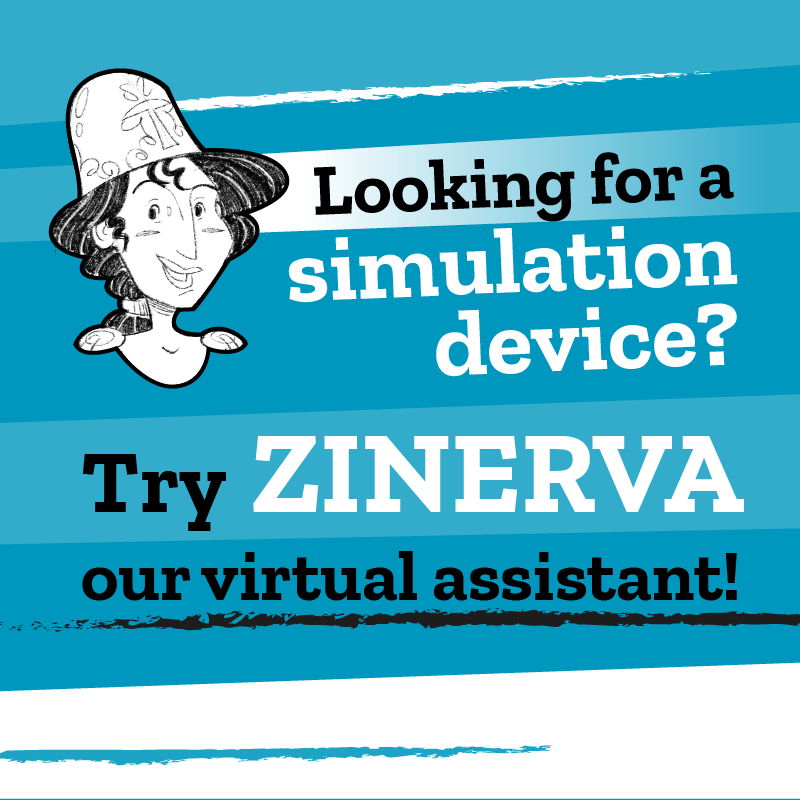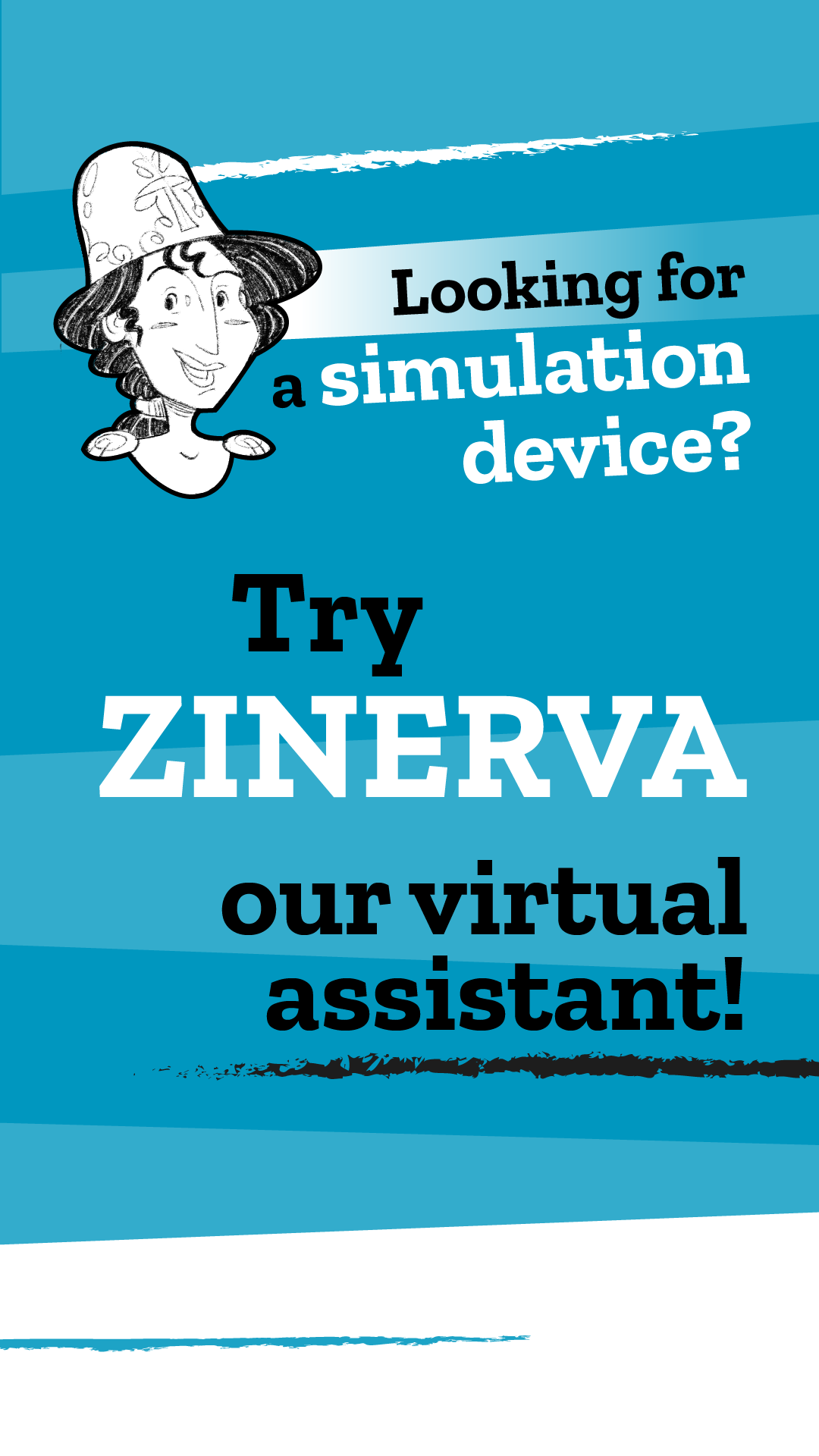«Simulation instills self-confidence when meeting with real patients». Simulation through the words of a medical student.
In addition to basic theoretical education, clinical skills practices have a critical importance in medical education. At the point where theoretical knowledge and skills are combined with the clinical practice after the theoretical training, the necessary qualifications are gained through simulations without communicating with real patients. In this way, students are given clinical skills by preparing for the field without encountering the patient, with the awareness of “first do no harm and protect patients”.
Simulation training, which is included in the curriculum of many university institutions in Turkey, is processed through scenarios in their simplest form. Dokuz Eylul University Faculty of Medicine, where I am studying, has adopted the PBL (Problem-Based Instruction) education system with the vision of raising good physicians who are successful in the clinical field. Discussion sessions are held in small groups of 10 students, in which everyone can express themself easily and comfortably, and share opinions on the diagnosis, examinations and planning the treatment in the scenario. Each scenario takes 2 or 3 sessions, each of which includes 3 lecture hours. There is an educational guide that allows the flow of the scenario to progress but does not directly participate in the solution of the problem, and assumes a facilitating function for the students with the questions. Thus, students can brainstorm in a healthy way and a positive educational environment is provided. During each session, hypotheses are created and some of them are refuted as the scenario progresses and the necessary diagnostic tests are carried out. While trying to solve the problem by questioning, the students use their existing knowledge and when the knowledge limit is reached, the learning goal is determined. Until the next session, academic research on learning objectives is carried out during independent study hours and new information learned during the new session is shared with group mates. At the same time, with peer education, students gain new gains from each other’s research. During these activities, students begin to enter academic life by learning from which source and how to reach the right information, by reading articles and by improving them. Following these discussion session scenarios, examination lessons related to diseases are played by simulated patients.
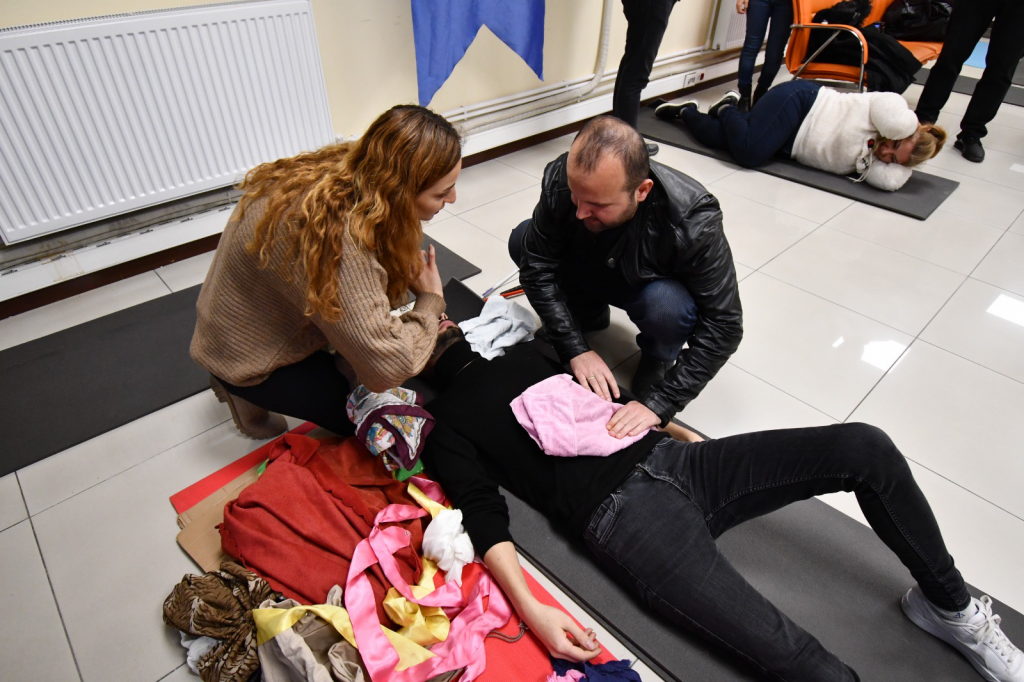
We, the students, who not only improve our practical skills with simulated patients through scenarios, but also learn to conduct research and create a positive discussion environment with peer education, see how the theoretical knowledge we learn will be reflected in practice and the clinic.
Medical skills and practices are one of the golden parts of medical education. Even if your theoretical knowledge is very good, you cannot be considered a good general practitioner if you cannot put your practical skills into practice. In our medical skills courses, which make us feel like doctors and are very enjoyable, complaints are listened to by simulated patients, and we are asked to perform appropriate examinations for them. These patients, who simulate any disease without a technological simulation, provide an enjoyable and productive learning space for us students, and prepare us for real life.
We are doing similar simulations in the Turkish Emergency Medicine Association for All training, which I am involved in as current general secretary. We simulate various accidents and emergencies that require first aid in the “My Emergency Neighbor – First Aid” training. The information learned becomes more permanent with the simulations we create using both participant individuals and various models.
The association, which also works in the field of emergency medicine, provides earthquake and fire simulations and disaster preparedness training. With the virtual reality-based earthquake simulation developed by the Izmir Metropolitan Municipality Fire Brigade Department, the 7.0 magnitude earthquake shaking is experienced by the participants through virtual reality. In the virtual scenario, the participant, who can create a life triangle during the concussion alongside a suitable item, successfully completes the simulation.
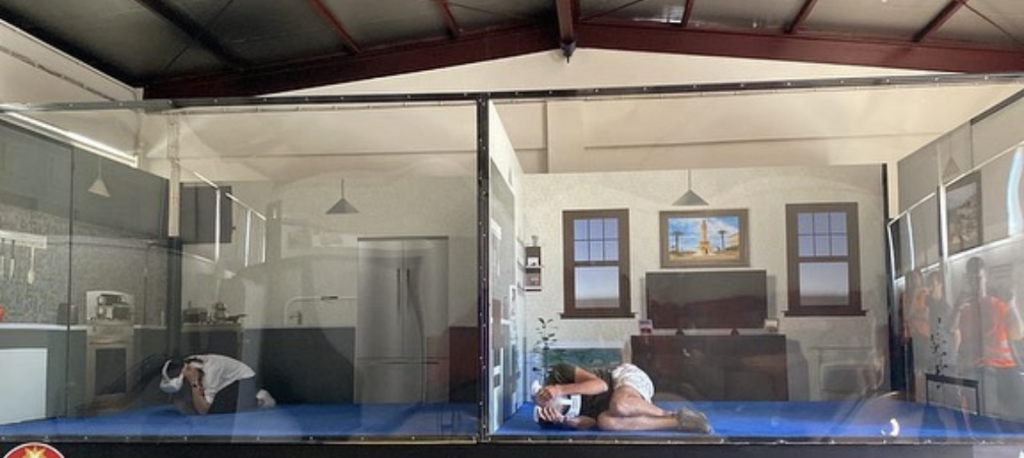
During my voluntary intern research at DEU Department of Translational Oncology, which is the first and only one in Turkey, I took part in projects aiming to discover ligands (drugs) with high efficacy and drug feasibility with molecular dynamics simulations and various oncoinformatic tools. In our work that progresses with reverse docking, pharmacophore modeling, forward docking, ADME-Tox analysis, molecular dynamics simulations and molecular mechanical analysis, simulations and drug production stages gain incredible speed. Computer-based in-silico research gives a lot of information before moving on to laboratory research and in-vivo studies and makes the work of researchers easier. Simulations can do more than we can imagine.
As both a medical student and a volunteer educator, I can say that “simulation training not only provides knowledge and practical experience, but also instills self-confidence when meeting with real patients”. I believe that rather than just theoretical academic knowledge, that knowledge should be translated into a practical skill. I would like to state that the best method for this will be through simulation. Hoping that science and technology will come to the best places for the benefit of humanity!
READ ALSO


